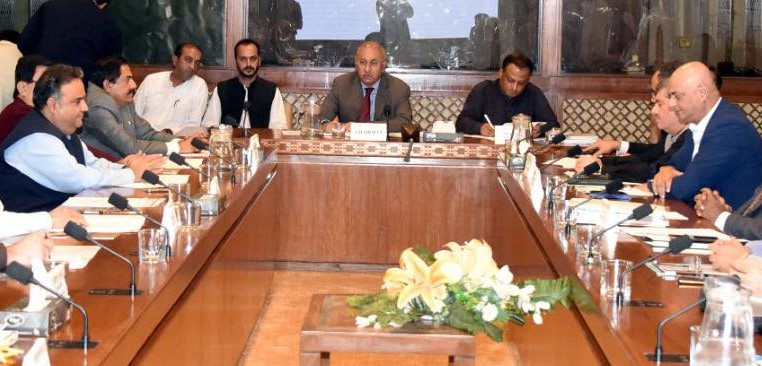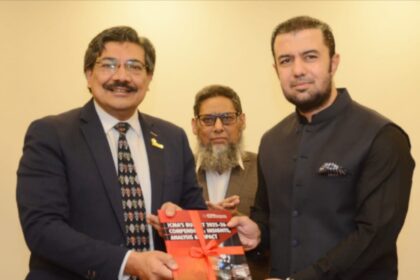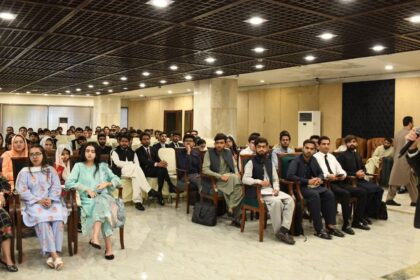The Senate Standing Committee on Power has directed the National Electric Power Regulatory Authority (NEPRA) to submit the last five years of balance sheets for power plants to examine their returns on investment (ROI). The move comes amid concerns about the financial transparency and high profitability of independent power producers (IPPs).
The committee, chaired by Senator Mohsin Aziz, convened at the Parliament House to discuss various hydropower and energy projects, including the 207-megawatt Madyan and 88-megawatt Gabral projects in Khyber Pakhtunkhwa (KP). Officials from KP reported that land worth Rs. 5 billion had already been acquired for these projects, and both physical and financial progress was underway. However, they expressed concern that these projects had been removed from the federal Integrated Generation Capacity Expansion Plan (IGCEP) list.
Federal Minister for Power, Awais Ahmad Leghari, explained that the KP authorities had not fully presented the complete power policy approved by the Council of Common Interests (CCI), and selectively quoting its provisions was misleading. He cautioned that adding more projects could raise electricity prices by as much as Rs. 6 per unit by 2034. The Power Division has already removed 8,000 to 10,000 MW worth of projects—including several under the China-Pakistan Economic Corridor (CPEC)—to prevent sharp increases in electricity costs for consumers.
On the financial front, the Minister highlighted that the government had terminated agreements with five IPPs and renegotiated others, achieving a projected savings of Rs. 3.4 trillion over four to five years. Distribution company (DISCO) losses have reportedly decreased by Rs. 191 billion this year. Although electricity theft remains an issue, the Minister emphasized that the government’s successful efforts to create a competitive energy market had freed it from compulsory power purchases, potentially saving further costs.
The committee also reviewed policies related to captive power plants, reliance on costly imported coal and LNG, and the tariff structure for the protected category of consumers. The Chairman suggested a reassessment of the policy for protected consumers and urged the introduction of multiple tariff slabs to shield them from sudden rate hikes. The Power Division confirmed that a review is ongoing and that subsidies are being provided to those consuming up to 200 units.
Senator Mohsin Aziz called on both federal and provincial governments to revisit the exclusion of the KP projects from IGCEP, emphasizing their potential benefits for the province and the country. He recommended that minor discrepancies be overlooked to facilitate their inclusion.
Addressing the issue of Net Hydel Profit (NHP), NEPRA officials stated that payments are being made to provinces, but KP representatives argued that the amounts are insufficient and arrears are accumulating. The committee urged NEPRA to clear the outstanding payments and ensure substantial monthly disbursements, recommending that at least Rs. 5 billion per month be paid to the KP government.
On wheeling charges, Minister Leghari announced that NEPRA’s rules have been amended to lower the standard rate from Rs. 28 to a new base rate of Rs. 12, pending final approval. The committee also focused on the ROI of IPPs, with Senator Aziz raising concerns about some projects reporting returns as high as 100 percent. NEPRA attributed these high returns to dollar-based payments. To ensure transparency, the committee requested NEPRA to provide five years of balance sheets from power plants for review in the next meeting.
The meeting was attended by several senators, government officials, and representatives from key energy sectors, underscoring the urgent need for greater oversight and reform in Pakistan’s energy sector.










